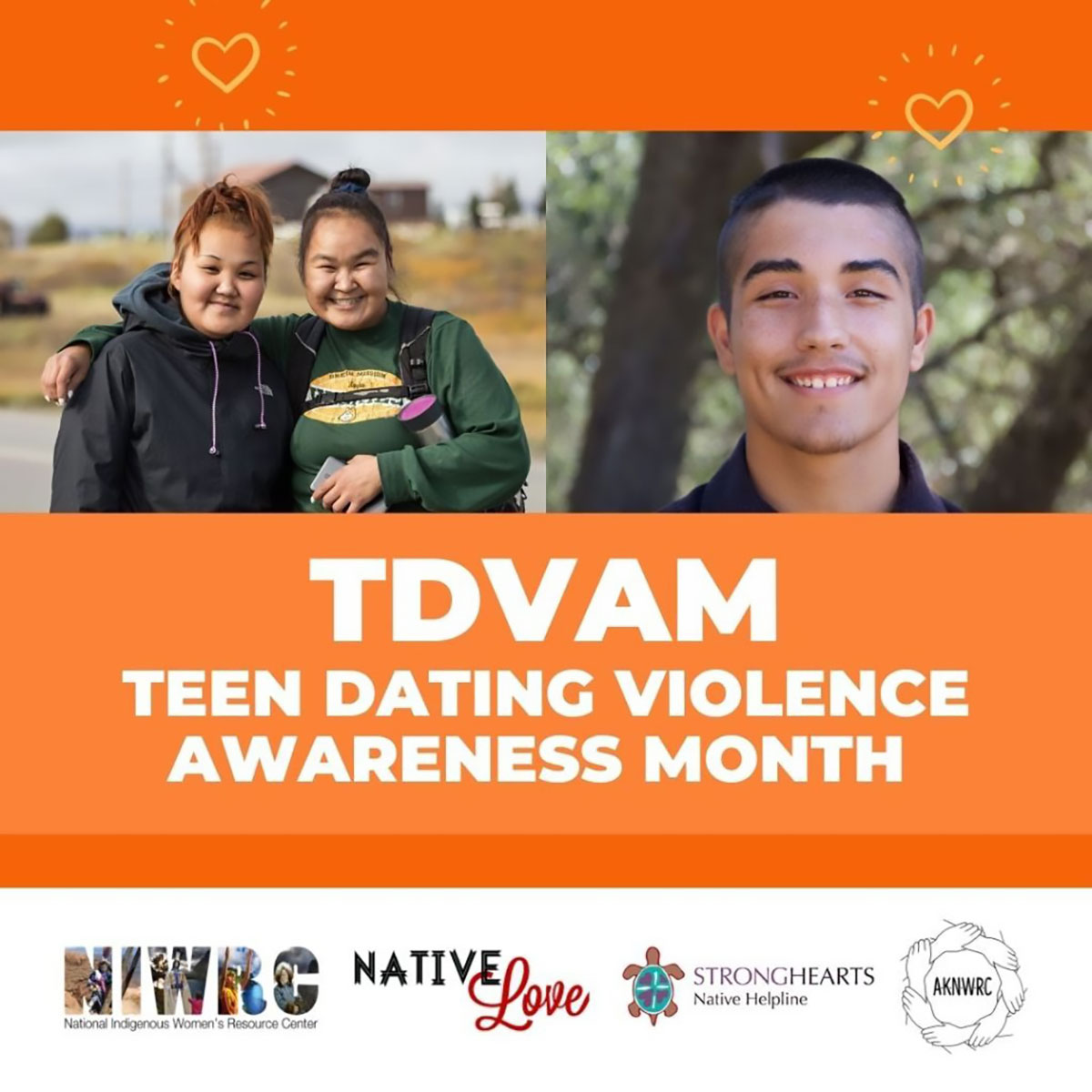February is an important month, as it is National Teen Dating Violence Awareness Month. In our last article, “Recognizing National Teen Dating Violence Awareness and Prevention month,” we touched on what teen dating violence looks like and how it can be prevented. Now we will focus on how we as friends, parents, family members and community members can support those in an unhealthy relationship.
When it comes to pre-teens and teens, it may be difficult for them to reach out for help if they are in a violent relationship. Only one-third of teens who were involved in an abusive relationship confided in someone about the violence and those who have been abused hesitate to seek help because they do not want to expose themselves or are unaware of the laws surrounding domestic violence.
If you are concerned that a friend or family member may be in an abusive relationship here are a few warning signs you might notice;
- Unexplained marks or injuries.
- Are depressed, anxious or have noticeable changes in their personality.
- Are constantly worried about making their partner angry or they are making excuses for their partner’s behavior.
- They have not been spending time or communicating with friends and family.
- Their partner puts them down in front of other people.
- Their partner is extremely jealous or possessive.
Things to be aware of when helping an abused teen. One is to make sure the timing is right to talk about the abuse when you are sharing time together. Use “I” statements when describing feelings. Let the teen know how concerned you are about their safety. Before engaging in conversation think of specific examples that you want to talk about, expressing your concerns. Listen and believe in what they say. Remember to speak sensitively and with support and care. Remember, if a teen chooses to speak to you about their situation, it is up to you to remain calm and caring throughout the process. It is very possible that you will hear uncomfortable details that will upset you.
It is imperative that you are nonjudgmental by focusing on resolving the problem/behavior of the partner rather than criticizing them for their choices. Become a place of comfort for them. Welcome the teen to have some control in decisions. Build their self-esteem and empower them because their self-view may have been distorted by their abuser. Model and practice a healthy relationship in your own relationship and daily life. Help develop a safety plan for when she/he is at school and out with friends without your protection. Contact SUPD or a domestic violence shelter about procedures for obtaining restraining orders.
Avoid being critical of them or their partner. Do not blame or ask blaming questions when talking to them. Do not talk to both teens at the same time. You can be a strong source of support by finding ways to spend time together like watching a movie at home, going to lunch, or doing a fun activity. This will give you an opportunity to talk safely and remind them that you love them. Let them know that you’re concerned and that they deserve a healthy, loving, and respectful relationship. Remind them to practice self-care as a way to build their self-esteem.
Reach out for additional help like a hotline or victim services to help develop a safety plan. Refrain from pressuring them into making decisions and remember that abusive relationships are very hard to escape from it and it is never as simple as just leave. The reasons some people stay in abusive relationships are: fear, believing abuse is normal, embarrassment or shame, low self-esteem, may have children with their abuser, lack of money or resources and cultural/spiritual reasons.
Native victims have unique barriers that they face which include geographic isolation, fear of being identified in the small community, fear of retaliation, gaps in culturally based supportive services, lack of law enforcement, historical distrust of authorities, and cross-jurisdictional issues. These are all extra issues native teens face on reservations.
Just remember to follow a few of the tips above and for further information or assistance, here are some local and national resources. Remember it is okay, not to know everything but just being that one person, the victim can come to and trust is important because they know they will always have you to be there for them.
LOCAL RESOURCES
Southern Ute Victim Services
- Hours: Available 24/7
- SUVS Office: 970-563-0245
- After Hours Call Dispatch: 970-563-4401
Southern Ute Police Department
- Hours: 8am – 5pm M-F
- SUPD Office: 970-563-0246
- SUPD Dispatch: 970-563-4401
- Emergency Call: 911
Ignacio Out & Equal Alliance
- Website: ignaciooutandequal.org
- Email: ignaciooutandequal@gmail.com
- Address: P.O Box 465 Ignacio, CO 81137
- Phone number: 970-306-3555
Alternative Horizons
- Website: alternativehorizons.org
- Email: info@alternativehorizons.org
- Administrative Office: 970-247-4374
- 24/7 Hotline: 970-247-9619
Sexual Assault Services Organization (SASO)
- Website: durangosaso.org
- Email: durangosaso@durangosaso.org
- Ignacio: 970-563-0695
- Durango: 970-259-3074
- 24/7 Crisis Hotline: 970-247-5400
Four Corners Rainbow Youth Center
- Website: rainbowyouthcenter.org
- Email: info@rainbowyouthcenter.org
- Phone: 970-903-8595
Ignacio Police Department
- IPD Office: 970-563-4206
- Dispatch: 970-563-4401
- Emergency Call: 911
NATIONAL RESOURCES
National Suicide Prevention Lifeline
- Hours: Available 24 hours
- Website: suicidepreventionlifeline.org
- 800-273-8255
StrongHearts Native Helpline
- Is a safe domestic, dating and sexual violence helpline for American Indians and Alaska Natives, offering culturally appropriate support and advocacy, anonymous and confidential.
- Hours: Daily, 7am-10pm CST
- Website: strongheartshelpline.org
- 1-844-762-8483
National Domestic Violence Hotline
- Website: thehotline.org
- Advocates are available 24/7
- Call: 800-799-7233
Love Is Respect
- They offer confidential support for teens, young adults, and their loved ones seeking help, resources, or information related to healthy relationships and dating abuse in the U.S.
- Website: loveisrespect.org
- Advocates are available 24/7
- Text: LOVEIS to 22522
- Call: 1-866-331-9474 or 800-787-3224

